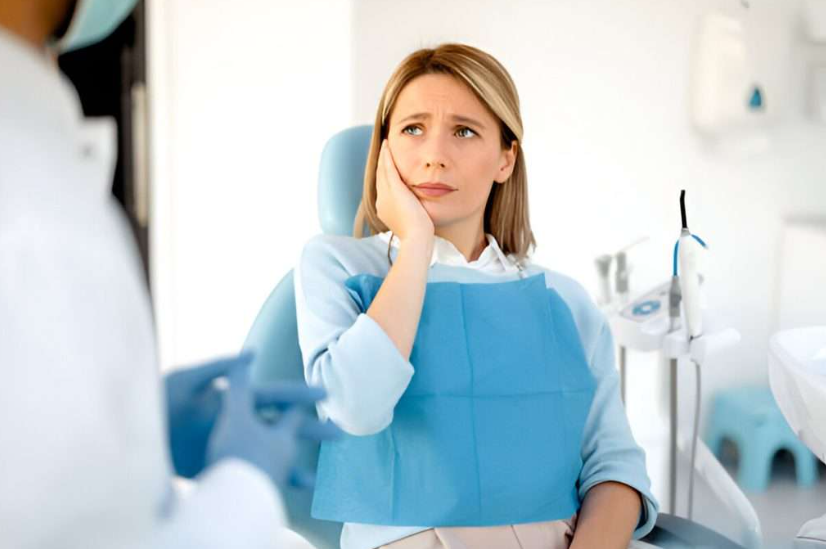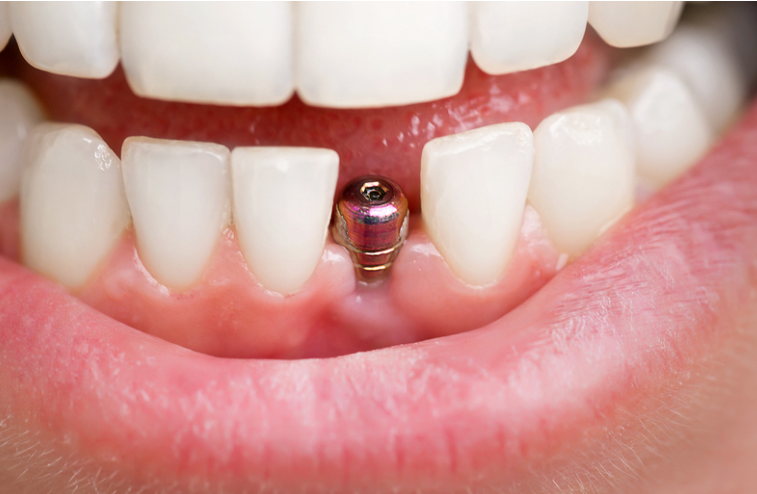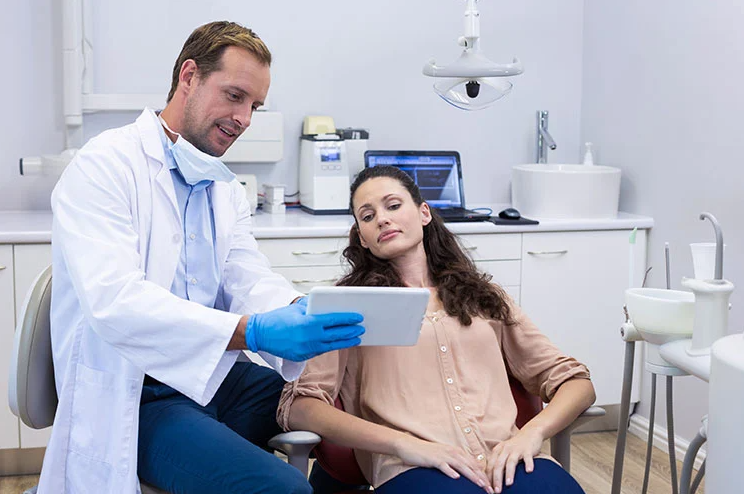Quick Relief for Sudden Tooth Pain: Your Emergency Action Plan
Sudden tooth pain can strike without warning, turning an ordinary day into an uncomfortable ordeal. Whether it’s a sharp, stabbing sensation or a persistent throb, dental pain demands immediate attention and the right response can make all the difference in your comfort level.
Understanding the Root of Your Tooth Pain
Sudden tooth pain rarely appears without cause. Several common culprits can trigger that unwelcome jolt of discomfort, and recognizing these causes helps you choose the most appropriate response.
Dental decay remains the leading cause of tooth pain. Bacteria create acids that gradually erode tooth enamel, eventually reaching the sensitive inner layers where nerves reside. Once decay reaches the pulp, pain can become intense and sudden.
Cracked or fractured teeth can cause intermittent pain that seems to come from nowhere. Small cracks may not be visible to the naked eye, but they allow bacteria and temperature changes to reach sensitive tooth structures.
Gum disease in its advanced stages can cause significant discomfort. When infection spreads beneath the gum line, it can affect tooth roots and surrounding tissues, creating sudden episodes of pain.
Dental abscesses represent serious infections that require immediate attention. These pocket infections can cause severe, throbbing pain that may radiate to your jaw, neck, or ear.
Temperature sensitivity from worn enamel or exposed tooth roots can also trigger sharp, sudden pain when you consume hot or cold foods and beverages.
Immediate At-Home Care Strategies
When tooth pain strikes suddenly, several effective techniques can provide quick relief while you arrange professional dental care.
Saltwater rinses offer both pain relief and antibacterial benefits. Mix half a teaspoon of salt in warm water and gently swish for 30 seconds. This simple solution reduces swelling and helps clean the affected area.
Cold compresses work exceptionally well for reducing inflammation and numbing pain. Apply an ice pack wrapped in cloth to the outside of your cheek for 15-20 minutes at a time. Avoid applying ice directly to your skin or inside your mouth.
Elevation can reduce blood flow to the affected area, helping minimize throbbing pain. Keep your head elevated with extra pillows when lying down, especially at night when pain often intensifies.
Clove oil contains natural numbing properties that have been used for centuries to treat dental pain. Apply a small amount to a cotton swab and gently dab the affected tooth. Use sparingly, as too much can irritate surrounding tissues.
Gentle flossing around the painful tooth can remove food particles or debris that might be contributing to your discomfort. Be careful not to force floss into tight spaces, which could worsen inflammation.
Over-the-Counter Pain Relief Options
Strategic use of over-the-counter medications can significantly reduce tooth pain and inflammation while you seek professional treatment.
Ibuprofen proves most effective for dental pain because it addresses both pain and inflammation. Adults can typically take 400-600mg every 6-8 hours, following package directions and not exceeding recommended daily limits.
Acetaminophen provides pain relief without anti-inflammatory effects. It can be used alone or combined with ibuprofen for enhanced pain management. Never exceed recommended dosages and avoid alcohol while taking acetaminophen.
Topical anesthetics containing benzocaine can provide temporary numbing relief when applied directly to the affected tooth and surrounding gums. These products offer quick but short-term relief.
Always read medication labels carefully and consult with a healthcare provider if you have medical conditions, take other medications, or experience any adverse reactions.
See also: Gentle Guidance Through Life’s Health Changes
When Professional Dental Care Becomes Essential
While at-home strategies provide temporary relief, certain symptoms indicate you need immediate professional dental attention.
Severe, persistent pain that doesn’t respond to over-the-counter medications signals a serious dental issue requiring professional treatment. Similarly, swelling in your face, jaw, or neck suggests infection that could spread without proper antibiotic treatment.
Fever accompanying tooth pain often indicates systemic infection. This combination requires urgent medical attention, possibly from emergency dentists in South Jordan if you’re in that area.
Difficulty swallowing or breathing with dental pain represents a dental emergency requiring immediate medical intervention. Don’t delay seeking treatment if you experience these symptoms.
Trauma to your teeth from accidents or injuries needs professional evaluation, even if pain seems manageable initially. Hidden damage can worsen without proper treatment.
Broken or lost dental restorations (fillings, crowns, bridges) expose sensitive tooth structures and require prompt professional repair to prevent further complications.
Preventive Dental Care for Long-Term Health
The most effective approach to managing sudden tooth pain involves preventing it from occurring in the first place. Consistent preventive care dramatically reduces your risk of dental emergencies.
Regular dental checkups every six months allow your dentist to identify and address problems before they cause pain. Professional cleanings remove harmful bacteria and tartar that brushing and flossing alone cannot eliminate.
Proper oral hygiene forms the foundation of dental health. Brush twice daily with fluoride toothpaste, floss daily, and use an antimicrobial mouthwash to reduce harmful bacteria in your mouth.
Dietary choices significantly impact your dental health. Limit sugary and acidic foods and beverages that feed harmful bacteria and erode tooth enamel. Choose water over sugary drinks whenever possible.
Protective measures like wearing mouthguards during sports or using a nightguard if you grind your teeth can prevent dental trauma and excessive wear.
Early intervention for minor dental issues prevents them from developing into painful emergencies. Address small cavities, sensitive teeth, or gum irritation promptly with professional care.
Conclusion
Sudden tooth pain doesn’t have to derail your life when you’re prepared with effective response strategies. The immediate care techniques outlined here provide valuable tools for managing unexpected dental discomfort, while understanding when to seek professional help ensures you receive appropriate treatment when needed.






